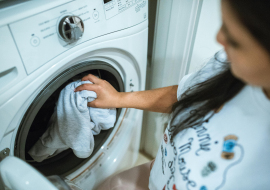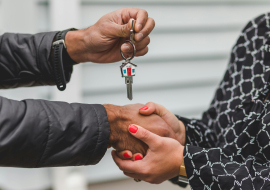
New eco-bonus 2025: how the incentive for "green" homes will change

The government is developing a reform of the eco-bonus for 2025: the main targets of the new measures will be first homes, properties with low energy classes and owners with low incomes. Luxury properties, outdated technologies are excluded and, above all, the possibility of transferring the loan, which has caused many problems with the super bonus, is stopped. Let's look at the key aspects of the 2025 eco-bonus reform.
During the publication of the Government’s Structural Budget Plan (Psb), the Environment Ministry, in response to a parliamentary question, revealed many details of the new 2025 eco-bonus ahead of the next Budget Law. Following the expiry of the current bonuses on 31 December 2024, which no longer meet the requirements of Brussels’ tax incentive review, the new eco-bonus will be more effective and will focus on energy modernisation where it is needed.
Key aspects of the new eco-bonus:
Ten year validity period
The incentive will be in place for at least 10 years in order to achieve the targets set for the residential sector by the Epbd (Green Homes Directive) by 2035. Thus, the modernisation of residential buildings should lead to a reduction in energy consumption by 16% by 2030 and by 20-22% by 2035.
Refusal of widespread discounts
Tax relief will no longer be granted "to everyone" but only for specific cases. In particular, priority will be given to properties specified in the Green Homes Directive, such as first homes, low-energy buildings and energy poverty situations, while excluding luxury properties (such as villas and castles) and technologies not permitted by EU directives, such as gas boilers.
Progressive benefits
"Reduced benefits for individual measures and increasing benefits depending on the achieved energy efficiency" are envisaged. That is, the more complex and integrated the measures to improve energy efficiency are, the greater the benefits will be.
Refusal to transfer credit and discount in invoice
It is known that these instruments will no longer be used due to problems that arose in the past. The question is what will replace them: financial support instruments, preferential loans, synergies with the National Energy Efficiency Fund will be needed. One possible solution could be preferential "green" mortgages guaranteed by a state fund, similar to Consap mortgages and mortgage guarantees for people under 36.
News

09/10/2024
4% VAT on the purchase of a first home

09/10/2024
New eco-bonus 2025

07/10/2024
Tax credit for listing of IPOs

24/09/2024
How to care for your washing machine

23/08/2024
